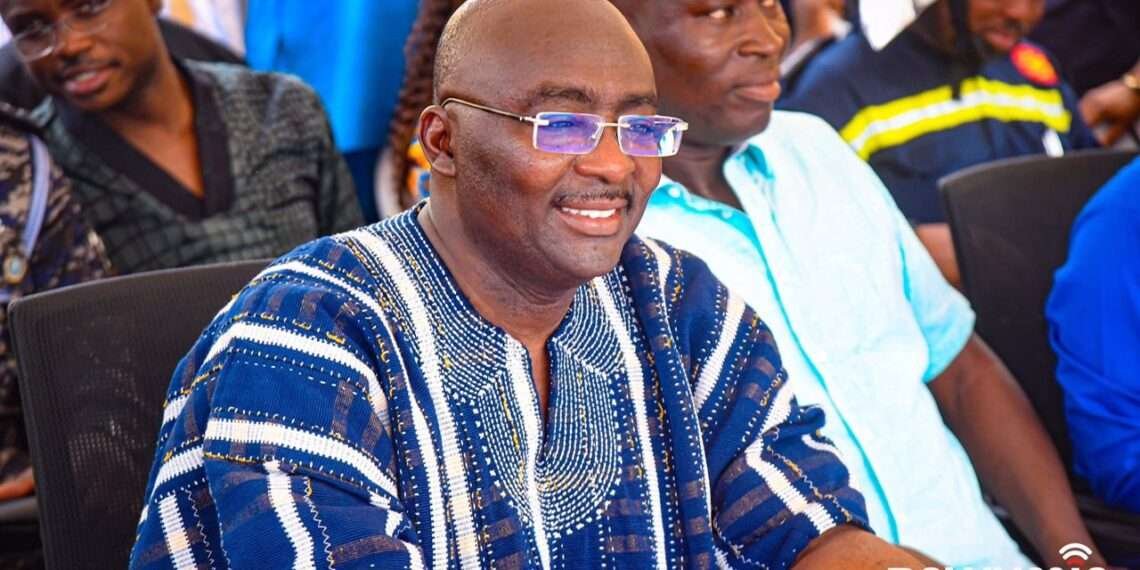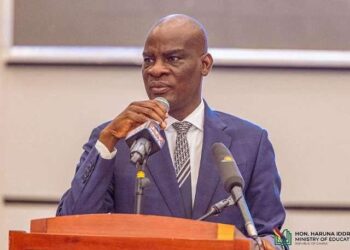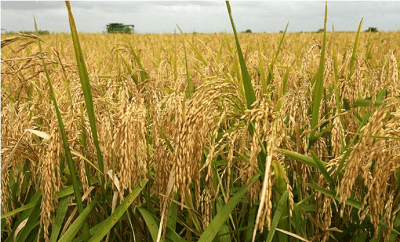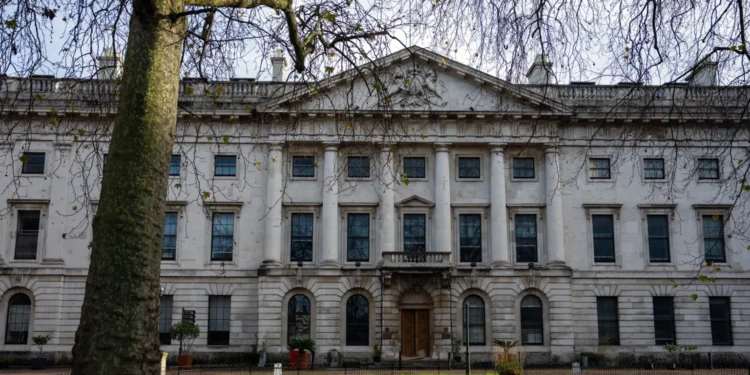Dr. Mahamudu Bawumia, the Presidential candidate of the New Patriotic Party (NPP), has made a significant pledge regarding Ghana’s mineral resources. He promised that if elected as President, he would ensure that Ghanaians own 100% of the country’s mineral resources.
This commitment is a response to the general view that Ghanaians do not have full ownership of the country’s minerals under the current framework of Ghana’s mining sector. Dr. Bawumia’s promise was made during his inaugural regional tour, where he engaged in discussions with religious leaders in the Eastern Region.
“Since the days of the Portuguese in the 15th century, gold has always been taken out of Ghana. We haven’t benefitted much from our natural resources; I am going to change that paradigm. I am going to bring a bigger focus on ownership of our natural resources.”
Dr. Mahamudu Bawumia, the Presidential candidate of the New Patriotic Party (NPP)
Dr. Bawumia emphasized the need to refocus Ghana’s approach to natural resource management, aiming to ensure that Ghanaians have complete ownership and control over their mineral resources.
The Presidential candidate of the New Patriotic Party (NPP) highlighted plans to empower universities and the geological service department to conduct exploration, with the goal of discovering undiscovered gold belts. This initiative is designed to ensure that Ghanaians are actively involved in the discovery and management of their country’s natural resources.
Dr. Bawumia pledged that if elected, he would ensure that Ghanaians own 100% of the country’s mineral resources. This commitment is a direct response to the current situation where foreign companies often control a significant portion of Ghana’s mineral resources. Once these resources are discovered, Dr. Bawumia stated that the new policy will ensure that the ownership of these resources will be owned by Ghanaians.
Ghana’s natural resources, particularly its mineral wealth, have been a significant source of revenue and employment for the country. However, the history of exploitation of these resources has been marked by challenges, including environmental degradation, lack of equitable distribution of benefits, and inadequate regulation. The mining sector, in particular, has faced criticism for its impact on the environment and the livelihoods of local communities.
Dr. Bawumia’s plan includes measures to address environmental degradation caused by mining activities. This includes implementing stricter regulations and ensuring that mining operations are conducted in a manner that minimizes environmental impact. He revealed plans to strengthen the regulatory frameworks governing the mining sector. This includes enhancing oversight and enforcement to ensure that mining operations comply with environmental and safety standards.
Moreover, Dr. Bawumia indicated plans to ensure that the benefits of Ghana’s natural resources are equitably distributed among all Ghanaians. This involves creating policies that promote economic growth and development while ensuring that local communities and workers are adequately compensated for their contributions.
Current Framework of Ghana’s Mining Sector
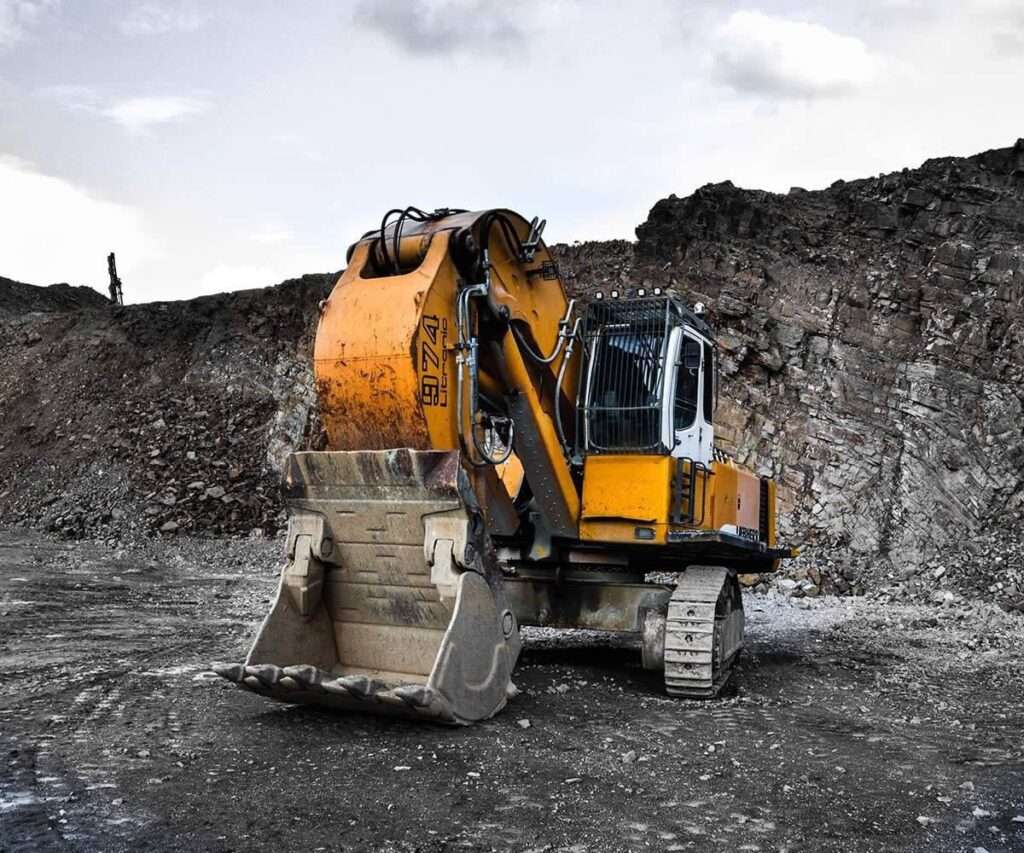
The current framework of Ghana’s mining sector is characterized by a significant role in the country’s economy, attracting more than half of all foreign direct investment (FDI) and generating over one-third of all export revenues.
Gold is the most commercially exploited mineral, accounting for about 95% of the country’s mineral revenue, with other minerals like manganese, bauxite, and diamonds also being commercially exploited. Ghana is also exploring lithium mining and processing.
Historically, Ghana’s mining production was state-owned, but since the 1980s, the country has moved towards privatization and state divestiture, attracting foreign investment. Major mining companies operating in Ghana include Newmont Goldcorp, Gold Fields, and AngloGold Ashanti.
Mineral rights are granted to private parties, but the Government of Ghana retains a 10% equity interest in mineral operations, which can be increased through agreement with the investor. The small-scale mining industry is reserved exclusively for Ghanaians.
Despite improvements, the legal framework and existing legal measures for mineral rights allocation in Ghana face challenges. The dualist land tenure regime and the impact of mining-induced resettlement programs on sustainable development have been highlighted.
The current mining law in Ghana is criticized for not adequately collecting income from the mining sector, resulting in financial losses to the State. There is a call for a more comprehensive corporate social responsibility policy and coherent institutional and regulatory frameworks in the mining and environmental sectors to protect human rights and ensure the nation benefits from the mining sector.
READ ALSO: Gyan Urges Investment Shift for Sustainable Growth



